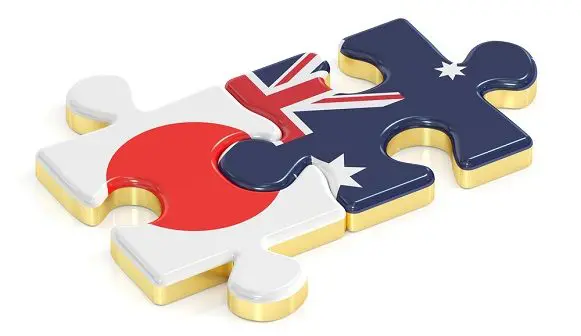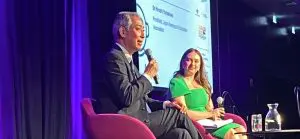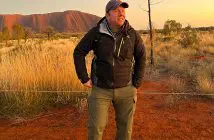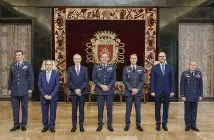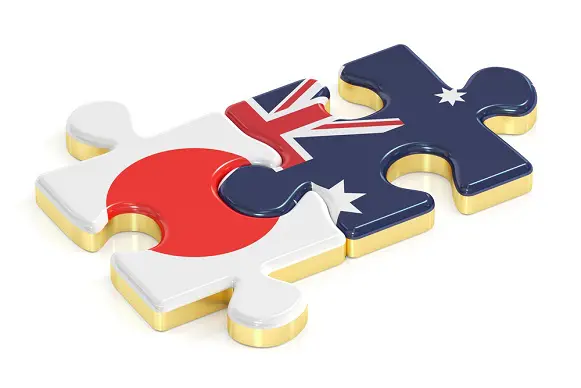
Written by staff writer.
The president of the Japan Aerospace Exploration Agency (JAXA) wants Australia to collaborate more with his space agency and says that by working together, we can potentially send humans beyond the previously explored space limits.
Speaking at the Andy Thomas Space Foundation dinner in Adelaide on May 8, Hiroshi Yamakawa said he was in Australia to talk to government, industry, and academic partners to help make that happen.
“I would like, together with Australia, to push the boundaries of human presence beyond the Moon. This is not science fiction. We want to achieve it this decade.”
He says there is lots of scope for the Australian and Japanese space sectors to cooperate. Yamakawa said Australia and Japan already collaborate in many ways regarding space, mentioning space science missions and the International Space Station. But he told the audience that JAXA wanted to increase its work with Australia, citing the Earth navigation observation satellite systems, communication systems, and ground-level collaborations as examples.
The Japanese space boss was a star guest at the Adelaide event on Monday evening, alongside Australian Space Agency head Enrico Palermo and hundreds of space industry players.
“I would like to change our way of life and contribute to our society,” he said. “Australia is very important to us. We share the same vision. It’s not easy to say everything about the possible collaboration areas, but there are so many reasons to do so.”
Yamakawa could not avoid discussing the recent JAXA launch malfunction that made worldwide headlines. “Always, we have to move forward,” he said about the March incident when its flagship H3 rocket self-destructed 14 minutes after lift-off after the second-stage rocket failed to ignite.
“We are focusing on investigating the root cause, but we would like to return to fly as soon as possible and move forward – that’s the challenge right now.” The AUD2.2 billion rocket was carrying an Earth observation satellite that, among other things, could spy on North Korean missile launches.
That failure was one of a string impacting JAXA. In February, the space agency aborted another H3 launch after two secondary booster engines strapped to the rocket failed to ignite. In October 2022, an Epsilon-6 rocket carrying eight satellites self-destructed seven minutes after liftoff because it was not in the correct position to orbit around Earth.
Yamakawa admits the latest failed mission was a “great challenge.” However, he says pushing into space is not always incident-free. JAXA continues to plan launches over the remainder of 2023. The Rocket Lab ADRAS-J CRD2 and JAXA H2A F47 XRISM SLIM lunar lander launches are upcoming.
The JAXA boss thinks failures like the recent H3 incident push us to try harder. “Space can contribute to our daily life,” he said. “It can help solve global issues like climate change and disaster response. It can change our way of life and contribute to our society. “
Yamakawa, along with a Japanese trade delegation, are in Adelaide to attend the Andy Thomas Space Forum on May 9 as guests of the Australian Space Agency. Among the upcoming collaborations between the two agencies is the Martian Moons eXploration (MMX) mission, which will see a capsule containing Martian moon samples crash land in a remote part of South Australia. It will be the first attempt to recover moon soil samples from the Martian sphere.

